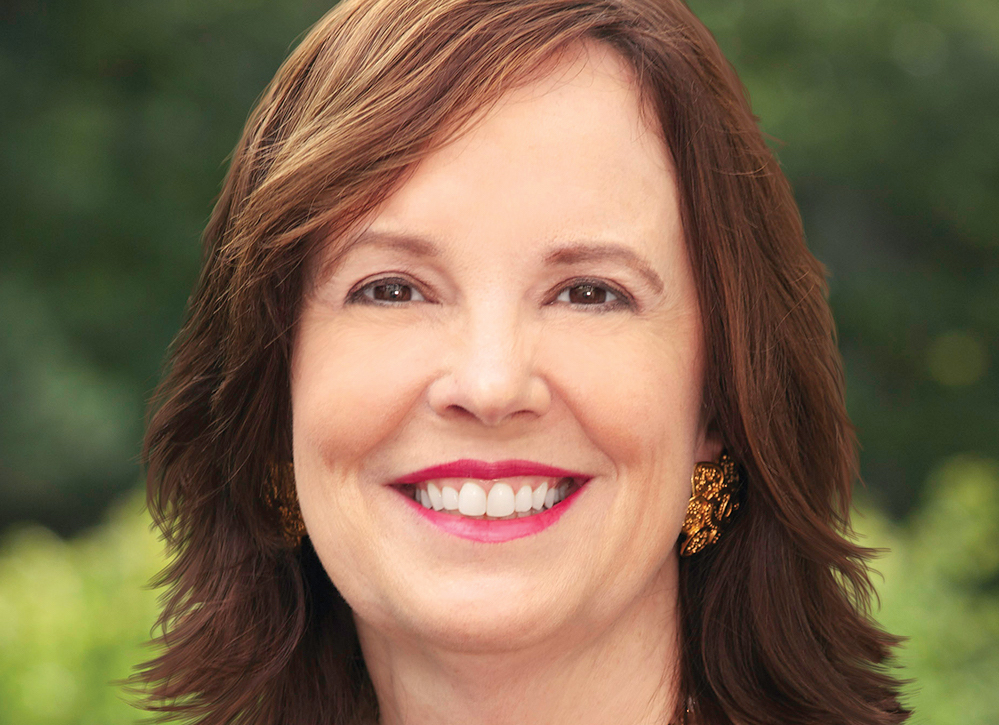Upon graduating college and starting that first “big kid job,” the older and wiser adults in your life always tell you to open a retirement account and start investing. But what they fail to advise you on is where and what to invest in. Those paycheck contributions are, after all, only one step in planning for retirement. The bigger thing that seems to be missing is how to align your investment portfolio with the things you care about, sometimes referred to as values-based investing.
Research indicates that millennials and Gen-Z overwhelmingly prefer to invest in companies and stocks that align with their values. This is unsurprising, given that these are the generations driving companies to consider environmental risk, implement gender and racial equity in their operations, and other related issues that the business community commonly refers to as “ESG.”
The younger generation is also more interested in investments beyond the traditional stock market. This could mean investing in bonds, commodities, real estate, and other tangible assets. Today, investing can mean throwing your weight, namely your money, behind any product or service you believe in. You can even invest in wine!
Young people today care about making an impact with their money, often leading boycotts of brands or companies that engage in societally distasteful practices like using sweatshop labor or selling weapons to foreign countries engaging in human rights abuses. That ultimately brings us to the question of how to support an entire generation that wants their retirement portfolios to reflect the things they care about.
From value-aligned to impact
When it comes down to it, impact investing is the type of investing that appeals to more forward-thinking generations. This kind of investing refers to investments meant to generate not just financial return but also create meaningful social or environmental impact. This could look like investing in a solar fund instead of an oil and gas company, a small business in Appalachian Kentucky instead of Amazon, or a refugee-owned business in Uganda instead of an American conglomerate.
This is the kind of investing that appeals to the deep-rooted desires of the younger generations to make their money count more and to be more mindful of where they spend and invest their earnings.
Investing isn’t explicitly taught in school, but perhaps it should be. Taking that a step further, we should also be teaching people how to invest according to the things they care about. Someone who cares a lot about the environment and their carbon footprint wouldn’t want to be using an investor platform that has their money invested in bonds from oil-exporting nations.
Education opportunity
Unfortunately, the lack of understanding about how financial markets operate and how to decide where to invest your money is a life skill missing from the repertoire of today’s generation. Lifeskills, in general, seem to be missing from formative education as a whole, but teaching young people the importance of saving and investing money, particularly how to do it, should be more heavily prioritized in curriculum design.
It is a shortcoming of our educational system that investing and preparing for a healthy and independent financial future is not explicitly taught, let alone teaching people that they can do so by supporting companies and missions that are important to them.
Supporting a shift to impact investing doesn’t necessarily have to fall onto the shoulders of educators alone. Investing platforms like Robinhood, Webull, Fidelity, or Vanguard can support these changes by providing questionnaires to account holders, asking about their values or personal beliefs to provide tailored recommendations for what they should invest in.
Teaching people how to invest doesn’t have to be an enormous undertaking, but if financial institutions start paying attention to the values and beliefs of this generation, we can eventually reach a point where impact investing, that is, investing for more than just financial return, will be the only attitude towards investment.
So, if the next generation wants to talk with money, let’s teach them how to do it with their investment accounts, one 401(k) at a time.
Raegan Larussa is a master of public policy candidate at The University of Virginia.











